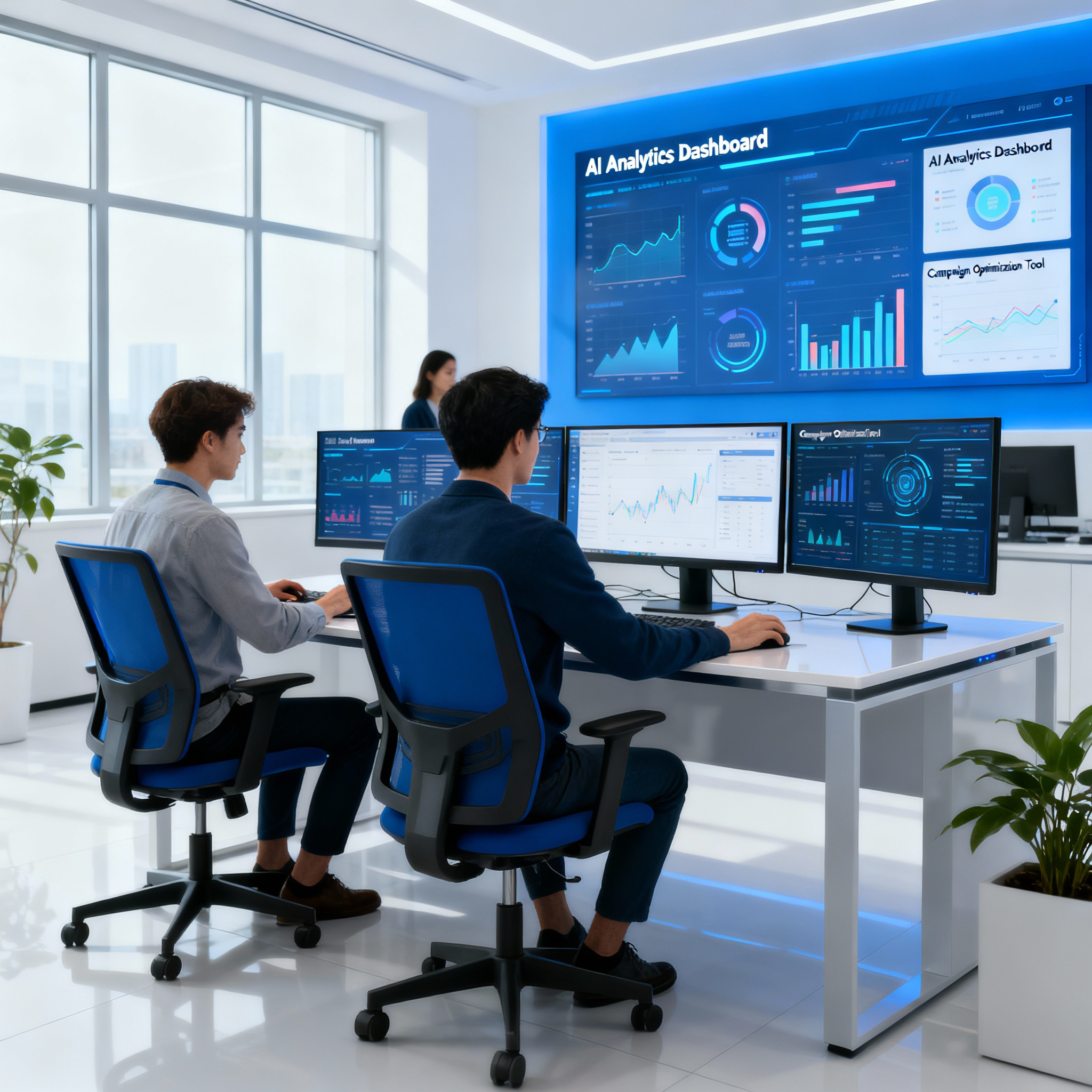
As B2B marketing evolves in 2025, artificial intelligence (AI) and automation are no longer optional—they’re the backbone of high-performing marketing operations. From predictive analytics to autonomous campaign management, these technologies are transforming how businesses attract, engage, and convert clients.
1. AI-Powered Personalization at Scale
AI enables marketers to deliver hyper-personalized experiences across every stage of the buyer journey. By analyzing behavioral, demographic, and intent data, AI tools dynamically adjust content, channel selection, and timing to fit each buyer’s preferences. This level of targeting has led to measurable boosts in engagement rates and ROI, with companies seeing 10–20% higher conversions from machine-learning-driven campaigns.
2. Predictive Lead Scoring and Smart Segmentation
Traditional lead scoring is becoming obsolete. AI systems can evaluate thousands of signals—from interaction history to real-time intent—to predict which prospects are most likely to convert. These models continuously learn and refine themselves, improving alignment between marketing and sales while reducing wasted spend on unqualified leads.
3. Marketing Automation Integration
Automation platforms have become smarter, connecting seamlessly with CRMs, customer data platforms (CDPs), and analytics tools. This unified data environment allows for end-to-end visibility and automated workflows, enabling B2B teams to nurture leads instantly and consistently without manual intervention. Businesses using AI-driven automation are achieving faster response times and shorter sales cycles.
4. Chatbots and Conversational AI
AI-powered chatbots have evolved far beyond FAQ responses. Today’s conversational bots can qualify leads, set appointments, and guide purchasing decisions through real-time personalization. In B2B environments, where buying cycles are long and complex, chatbots ensure immediate engagement, provide valuable insights, and drastically reduce response lag time.
5. Predictive Analytics for Smarter Decisions
Machine learning models are now core to marketing intelligence. They analyze patterns in engagement, campaign performance, and market conditions to forecast outcomes—helping marketers allocate budget more effectively and tailor content strategies to what will resonate next quarter, not last quarter.
6. Agentic AI and Autonomous Campaign Optimization
The latest frontier, known as Agentic AI, introduces self-directed, adaptive marketing systems that autonomously optimize campaigns in real time. These AI agents can analyze audience signals, refine creative assets, and shift budget allocations without human intervention. Businesses adopting this technology report significant gains in efficiency and lead generation accuracy.
7. The Human + AI Collaboration
While automation handles scale, creativity and strategy remain human strengths. The most successful B2B teams of 2025 are those that balance AI’s precision with authentic storytelling and brand empathy. Marketers are increasingly using AI as a co-pilot—accelerating tasks while focusing their expertise on innovation and relationship building.
AI and automation are redefining B2B marketing by merging intelligence, efficiency, and personalization. Companies that integrate these technologies early not only outperform competitors but also create smarter, more frictionless buying journeys that win lasting customer trust.

